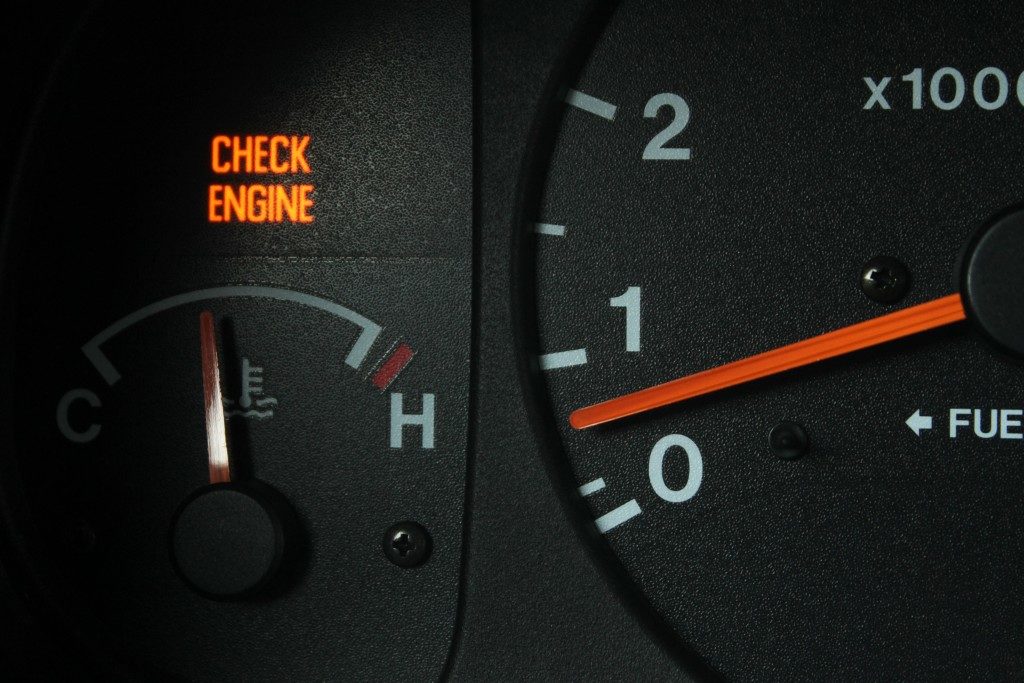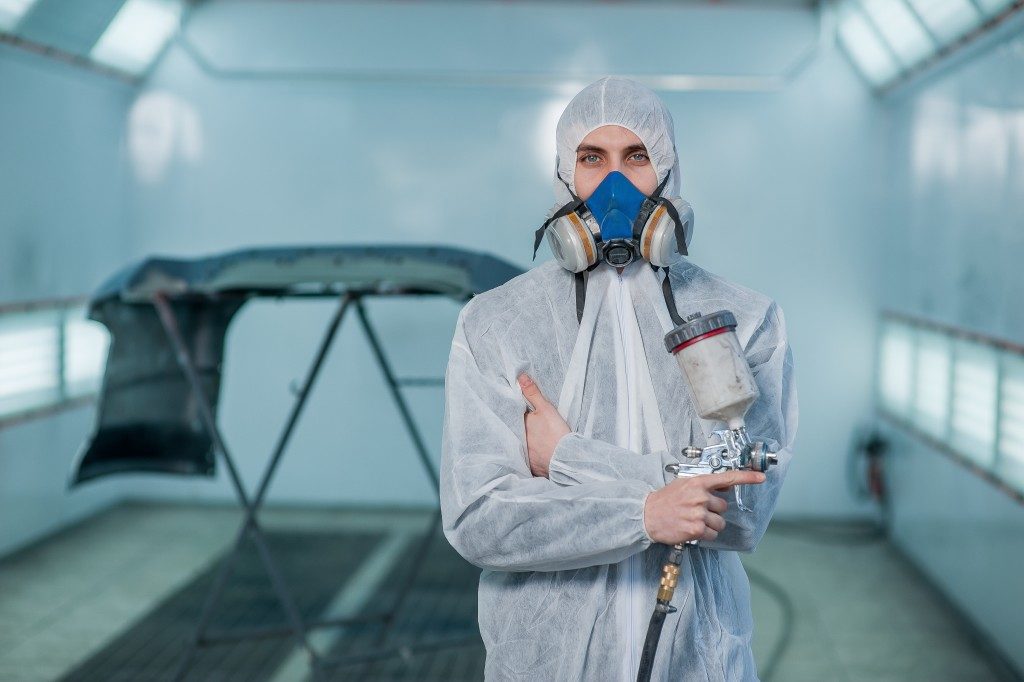At one point, you’ve probably taken advantage of ample street parking and just left your vehicle out on the curb. You also park outside when, for one reason or another, you can’t put the car in the garage.
The primary concerns when parking outside are often about theft or accidents. You should be concerned about these things, you might not know how one thing can do some serious damage to your vehicle: extreme temperatures
Sweltering heat or freezing cold can cause problems in infrastructure and your car’s interior machinery. States like Utah normally have scorching desert climates but get snowy winters. The damage these two temperature extremes could cause can sometimes be fixed by something as simple as changing your tires. Or the damage could be extensive enough that you’ll need to have your diesel engine repaired.
Here’s what the summer heat or the winter freeze can do to your car.
How Heat Can Damage Your Car
During summer, you should always try to park your car under some shade or inside a garage. Not only will parking in direct sunlight make your car unbearably hot for you, the high temperature could also cause problems.
Hot asphalt and concrete can affect the durability of the rubber in your tires. If you drive on them, especially at high speeds, the compromised tires might cause a blowout. You’d be lucky if the incident will only cost you a tire change, but a serious enough blowout can lead to major accidents.
The fluids in your vehicle are susceptible to the heat as well. Gasoline evaporates in high enough temperatures, even inside your fuel tank. Your engine already generates enough heat on its own; running it during a heat spell will raise the temperature even more. It will consume more coolant, and require more oil changes. Keep an eye on the levels of these two fluids, which are vital in the smooth operation of your vehicle.

How Cold Can Damage Your Car
Even after the summer months have gone by, you should still be cautious. Cold weather, especially below-zero temperature, can do just as much damage as heat.
Your tires are also sensitive to the cold, which can cause the rubber to contract. This means the tire has less pressure and deflates. While you can just check your tire pressure more often, changing to winter tires might be more sensible.
Freezing cold can have some big impacts with your visibility when driving, aside from snow flurries or mist. The cold can cause your windshield wiper blades to become brittle and be inefficient in clearing your field of vision. Alternatively, if your car’s heating system isn’t effective, your own breath might freeze on the inside of the windshield, blocking your view. Both these things can lead to serious accidents. You can prevent them by switching to winter wipers, which can handle harsher weather, and checking your car heater regularly.
Parking under the sky can seem like a great idea, but always be aware of the weather. If the temperature is uncomfortable enough that you can’t stay outdoors for very long, you should think twice before leaving your car t out in the open. Your car needs to be in good condition to keep you safe while you’re behind the wheel. It’s only sensible to make sure you protect it from anything that might turn it from a mechanical convenience to metal wreckage.


